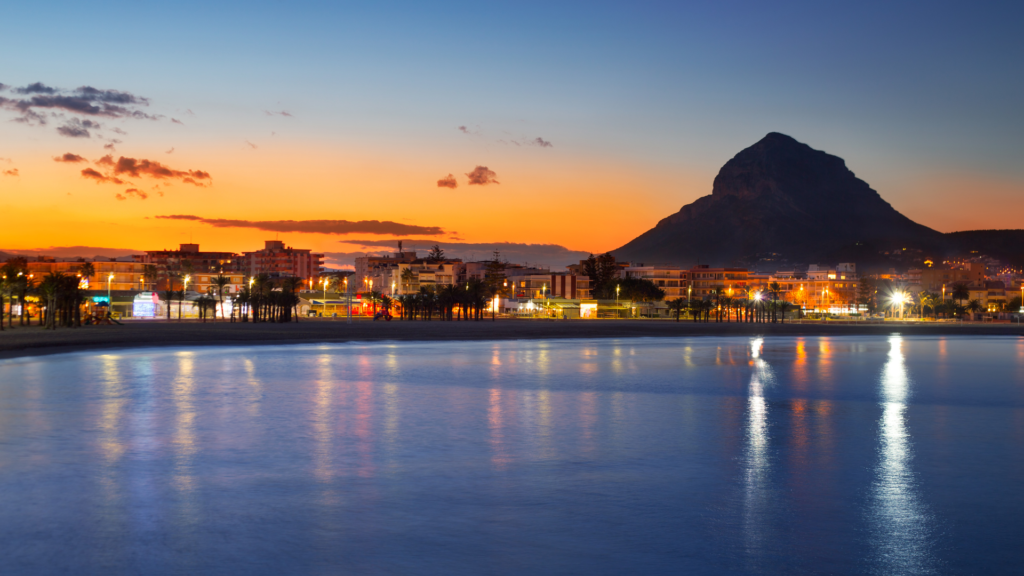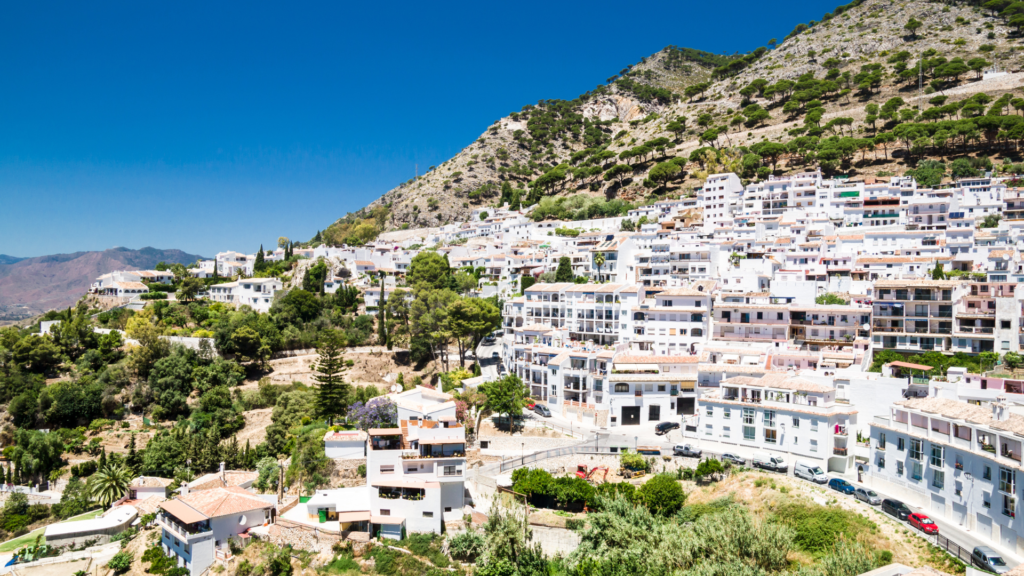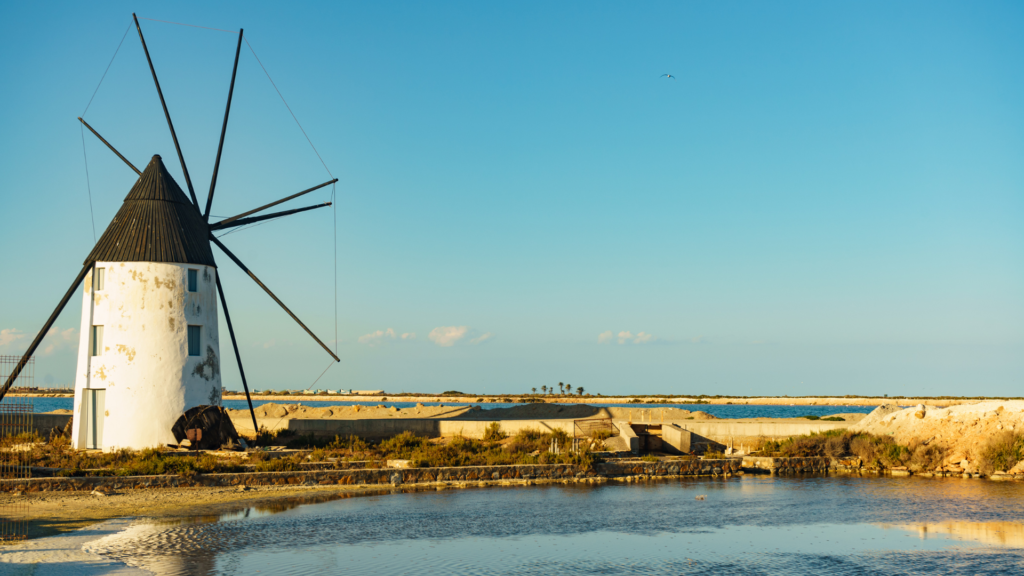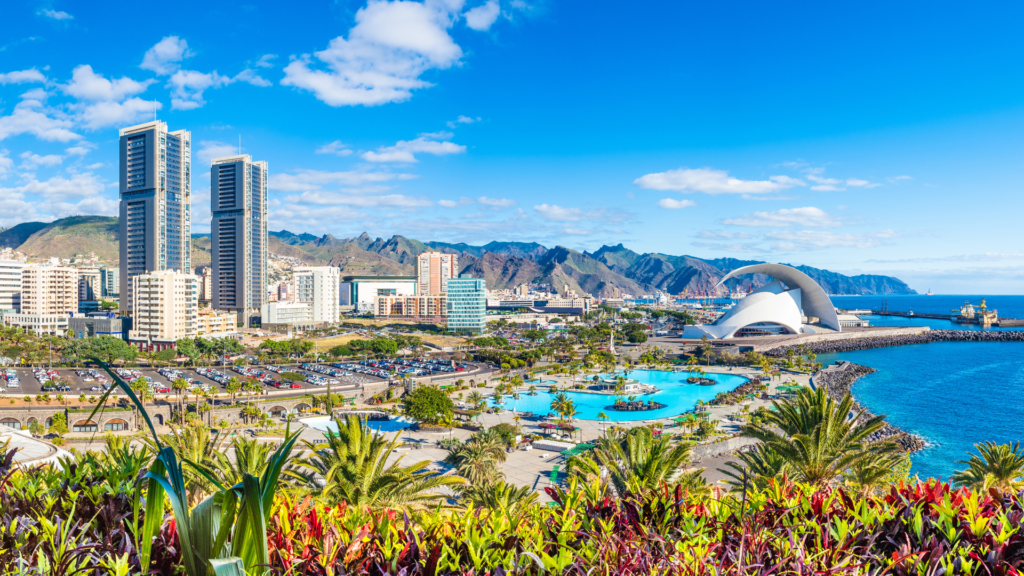Spain Country Guide




Why Should I/We Buy in Spain?
Buying property in Spain offers several advantages that can appeal to both investors and individuals looking for a new home or a vacation getaway. Here are some key points on why you should consider buying property in Spain:
Attractive Climate and Lifestyle: Spain is renowned for its sunny climate, beautiful beaches, and rich cultural heritage. This makes it an ideal location for those seeking a warm climate, outdoor activities, and a relaxed lifestyle.
Strong Rental Market: With Spain being a popular tourist destination, there is a strong demand for vacation rentals. This can provide property owners with a good source of income, especially in tourist-heavy regions like the Costa del Sol, the Balearic Islands, and the Canary Islands.
Affordable Property Prices: Compared to other Western European countries, Spain offers competitive property prices, making it an accessible option for many international buyers. Additionally, the Spanish property market has shown signs of steady growth, suggesting potential for capital appreciation.
Quality of Life: Spain scores high in terms of quality of life, offering excellent food, a vibrant culture, and access to a wide range of leisure activities. Its healthcare system is also highly regarded, which is an important consideration for retirees and families.
Golden Visa Program: Spain offers a Golden Visa program for non-EU investors, granting residency in exchange for a significant investment in real estate. This can be an attractive option for those looking to gain residency in the EU.
Diverse Regions: Spain offers a wide variety of landscapes and settings, from beachfront properties to mountain retreats and urban apartments. This diversity means there’s something for every preference and budget.
Strong Infrastructure: Spain boasts a modern infrastructure, with excellent roads, airports, and high-speed trains connecting different parts of the country and the rest of Europe. This makes it easy to travel both domestically and internationally.
Friendly to Foreign Buyers: The Spanish government and legal system are generally welcoming to foreign buyers, with straightforward procedures for purchasing property. There are also many legal and real estate professionals who specialize in assisting international clients.
Retirement Haven: For retirees, Spain is an attractive option due to its low cost of living compared to other Western European countries, coupled with the benefits of the Spanish healthcare system.
Cultural and Gastronomic Richness: Spain offers a deep cultural heritage, famous festivals, and a world-renowned culinary scene, adding to the appeal of owning property and living there.
When considering purchasing property in Spain, it’s important to conduct thorough research, consider the location carefully, and seek professional advice to navigate the legal and financial aspects of the property market.
Buying Process in Spain
Buying property in Spain involves a series of steps and is associated with various taxes and fees. Understanding this process and the associated costs is crucial for a smooth transaction. Here’s an overview:
Property Search and Selection: Begin with researching and selecting the property that fits your criteria in terms of location, size, and budget.
Legal Checks: It’s essential to conduct legal checks on the property to ensure there are no outstanding debts, liens, or legal issues. Hiring a local lawyer who specializes in real estate transactions can be very helpful.
Reservation Agreement: Once you’ve chosen a property, you typically sign a reservation agreement and pay a deposit (usually a few thousand euros) to take the property off the market. This deposit is usually non-refundable.
Private Contract of Sale: After the legal checks, a private contract of sale (contrato privado de compraventa) is signed between the buyer and seller, and a larger deposit (often 10% of the purchase price) is paid.
Mortgage Arrangements: If you need financing, this is the time to finalize your mortgage arrangements with a bank.
Completion (Escritura de Compraventa): The final step is the signing of the deed of sale (escritura de compraventa) before a notary, payment of the remaining purchase price, and transfer of the property. The deed is then registered in the Land Registry.
The cost of buying property in Spain includes various taxes and fees, which can add approximately 8-12% (sometimes more in certain regions) to the property’s purchase price. These costs include:
Transfer Tax (Impuesto de Transmisiones Patrimoniales, ITP): Applicable to resale properties, varying by region from 6% to 10%.
VAT (IVA) & Stamp Duty: For new properties, VAT is 10% on the purchase price plus 1.5% stamp duty. In the Canary Islands, the VAT is lower, at 6.5%.
Notary Fees: The cost for notary services varies depending on the property price, typically ranging from €600 to €1,000.
Land Registry Fees: To register your property, expect to pay between €400 and €700, depending on the property value.
Legal Fees: Hiring a lawyer is highly recommended, with fees typically ranging from 1% to 2% of the purchase price.
Mortgage Costs: If you take out a mortgage, there will be additional costs, including a valuation fee, application fee, and mortgage stamp duty, which vary depending on the mortgage provider and the amount borrowed.
Other Costs: These may include administrative fees, community fees for properties within a development, and ongoing property taxes.
It’s important to budget for these additional costs when planning your property purchase in Spain. Engaging a reputable real estate agent and a lawyer can help navigate the process and avoid unexpected expenses.
Popular Areas in Spain
Spain offers a diverse array of regions each with its unique appeal for property buyers, from sun-soaked coastlines to vibrant cities and tranquil countryside. Here are some of the most popular areas for buying property in Spain, each offering something special:
Costa del Sol
- Location: Southern Spain, Andalusia region.
- Highlights: Famous for its beautiful beaches, golf courses, and luxury resorts. Towns like Marbella, Estepona, and Málaga are particularly sought-after for their mix of traditional charm and upscale amenities. The area enjoys over 300 days of sunshine per year.
Costa Blanca
- Location: Southeastern Spain, Valencian Community.
- Highlights: Known for its white sandy beaches (hence the name Costa Blanca), lively towns like Alicante and Benidorm, and quieter villages with charming bungalows and villas. The area offers a mix of traditional Spanish culture and modern tourist facilities.
Balearic Islands
- Location: Mediterranean Sea, off the eastern coast of Spain.
- Highlights: Includes Majorca, Ibiza, Menorca, and Formentera. Each island has its unique character, from Ibiza’s renowned nightlife and beaches to Majorca’s scenic landscapes and historic sites. Ideal for those looking for a Mediterranean island lifestyle.
Canary Islands
- Location: Atlantic Ocean, off the northwest coast of Africa.
- Highlights: Comprising Tenerife, Gran Canaria, Lanzarote, and others, the Canary Islands offer a year-round warm climate, diverse landscapes from beaches to volcanoes, and a mix of cultural influences. Popular among retirees and those looking for holiday homes.
Costa Brava
- Location: Northeastern Spain, Catalonia region.
- Highlights: Renowned for its rugged coastline, crystal-clear waters, and picturesque villages. Offers a blend of beach and mountain scenery, appealing to nature lovers and those seeking a quieter pace of life.
Murcia
- Location: Southeastern Spain.
- Highlights: Offers a blend of coastal beauty and rural charm, with lesser-known beaches, the warm waters of the Mar Menor, and the historic city of Murcia itself. The region is known for its affordable property prices, golf resorts, and agricultural landscapes. Ideal for those seeking a more laid-back, authentic Spanish lifestyle away from the more touristic areas.
Murcia is an excellent addition for those seeking both affordability and a mix of beach and rural life in Spain, complementing the diverse offerings of the country’s real estate market.
